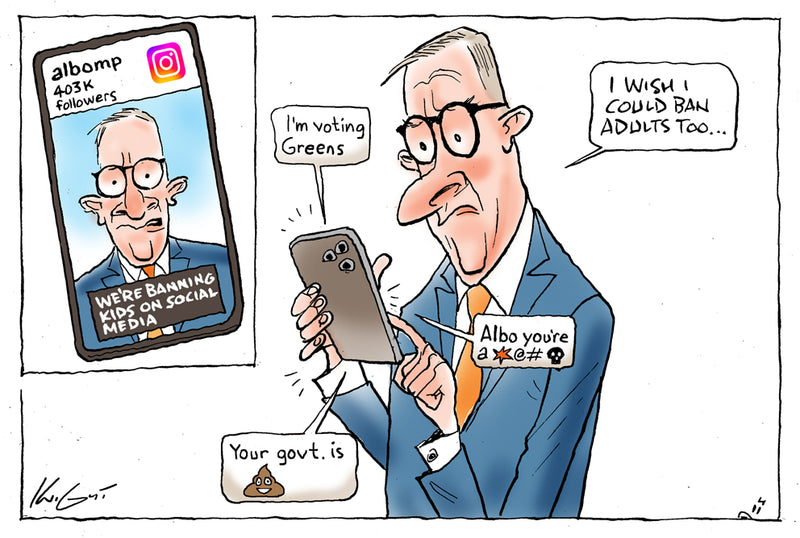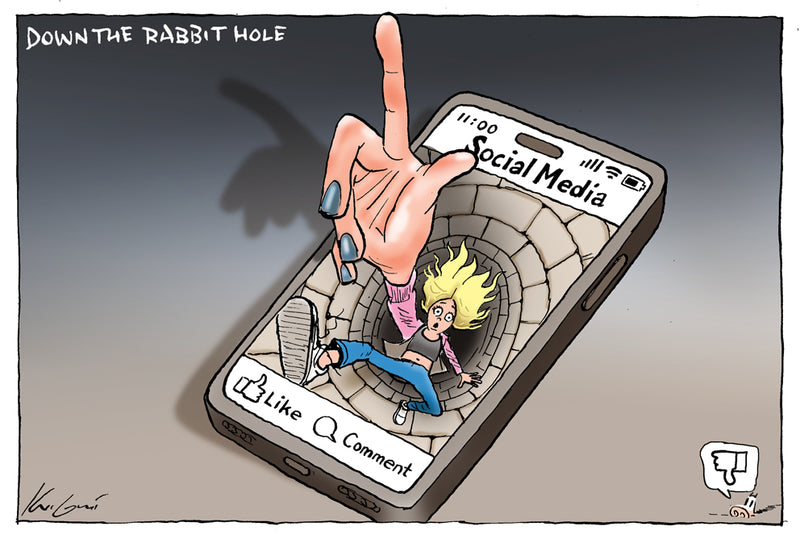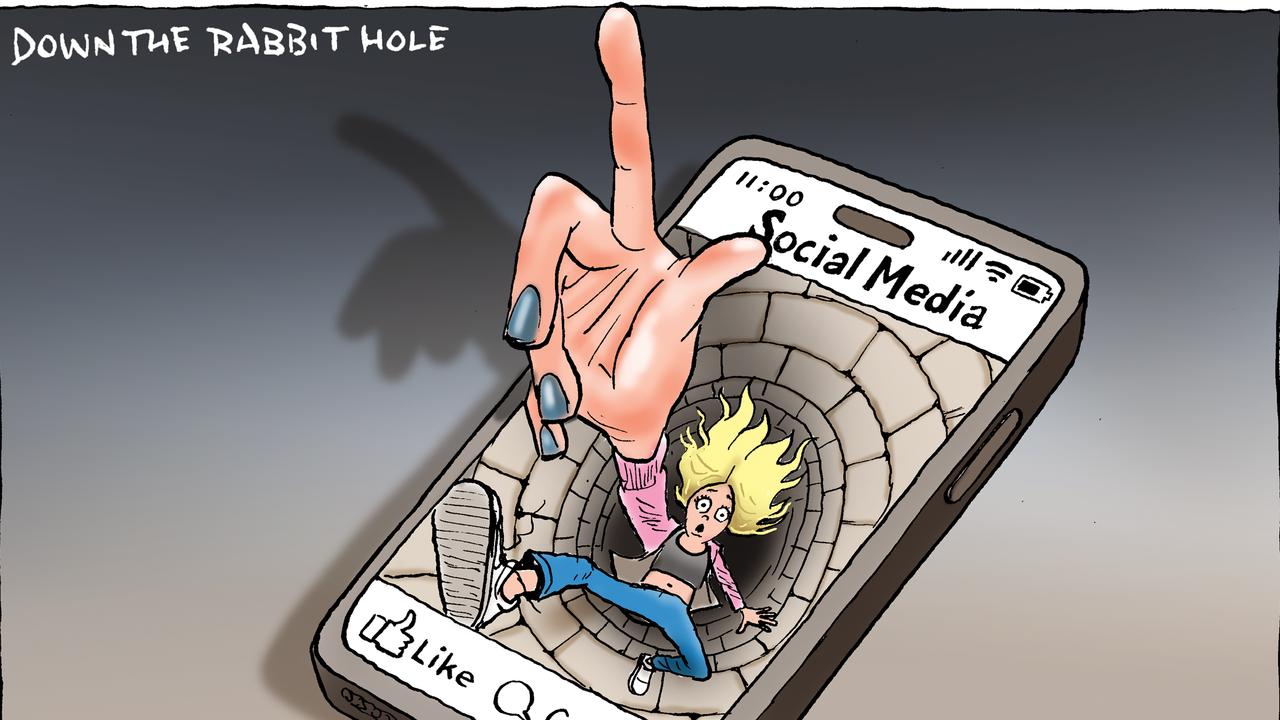Identify three language features or persuasive techniques used in writing.
Rhetorical questions, facts and statistics, metaphors, expert opinions, emotive language...etc.
A focal point is the centre of interest or attention in an image, artwork, or scene, where the viewer's eye is naturally drawn.
What does each letter of TEEL stand for?
TEEL: Topic sentence, Evidence, Explanation, Link.
What's the contention of:

To critique the Prime Minister's ban and highlight the widespread negativity of online users.
Identify a noun, verb and adjective.
Multiple acceptable responses.
Define the term 'analyse'.
To analyse means to examine something carefully by breaking it into parts to understand it better or draw conclusions.
Define the term "annotate".
To annotate means to add notes, comments, or explanations to a text or image by highlighting or drawing lines.
How many paragraphs should you include for Section B of the exam?
4 paragraphs:
Introduction
Body Paragraph 1
Body Paragraph 2
Conclusion
What's the contention:
That social media causes people (teens) to become soo addicted to social media that they no longer can escape it.
Define the term 'noun'.
A noun is a word that represents a person, place, thing, or idea.
- Person: teacher, doctor, friend
- Place: school, park, city
- Thing: book, car, apple
- Idea: freedom, love, happiness
Define the term "context".
The background information.
The focal point of this image is:

The girl in the phone falling down the well/rabbit hole.
What is the main issue in this passage for our text analysis?
I think gambling is risky because most people end up losing more than they win, and it can lead to serious issues like addiction and financial problems. People need to be more aware of these risks before deciding to gamble.
The use of "I think".
What's the contention of:
To highlight the harmful impacts of gambling ads.
Fix the following sentence:
Their going too the park later then there going too a café
They’re going to the park later, then they’re going to a café.
What is the title, name and party affiliation of this person?

Prime Minister Anthony Albanese.
The Labor Party.
How many paragraphs should you include for Section A of the exam?
3 Paragraphs:
Introduction
Body Paragraph 1
Conclusion
This passage is an example of what type of paragraph?
Protecting the environment is crucial. By reducing waste, conserving water, and using renewable energy, we can improve the planet's health. It's essential that we all take responsibility for these changes, as our future depends on our actions today. Together, we can create a cleaner, healthier world for future generations.
Conclusion
What's the contention of:

That the gambling industry has bombarded people with gambling ads on TV and phones to the extent that it has been ingrained in our consciousness that we no longer notice it.
the movie which had won several awards, were enjoyed by the audience and they all left the cinema with a sense of excitement
The movie, which had won several awards, was enjoyed by the audience, and they all left the cinema with a sense of excitement.
Identify whether the author appeals to ethos, pathos, or logos. Explain your choice with evidence from the text.
Our city’s future depends on the decisions we make today. By supporting this initiative, you’re not just building new schools, you’re investing in our children, our community, and a legacy of opportunity for generations to come.
The author primarily appeals to pathos in this text. This is evident through the emotional language used to evoke a sense of responsibility and hope, such as "our children," "our community," and "a legacy of opportunity for generations to come." These phrases aim to inspire emotional investment and a connection to the future of the community.
What does the dragon represent?
Inflation
What does each letter of TEPAC stand for?
Topic Sentence, Evidence, Point, Analysis, Conclusion
What's the contention of:
To criticise the lax stance of the government on gambling ads at the time.
Identify at least five categories for when we use capital letters.
At the beginning of a sentences
For proper nouns (names of people, places, specific things)
For days of the week, months, and holidays.
For titles of books, movies, and works of art.
For the pronoun "I":
For the first letter of acronyms and initialisms:
For specific places or institutions:
